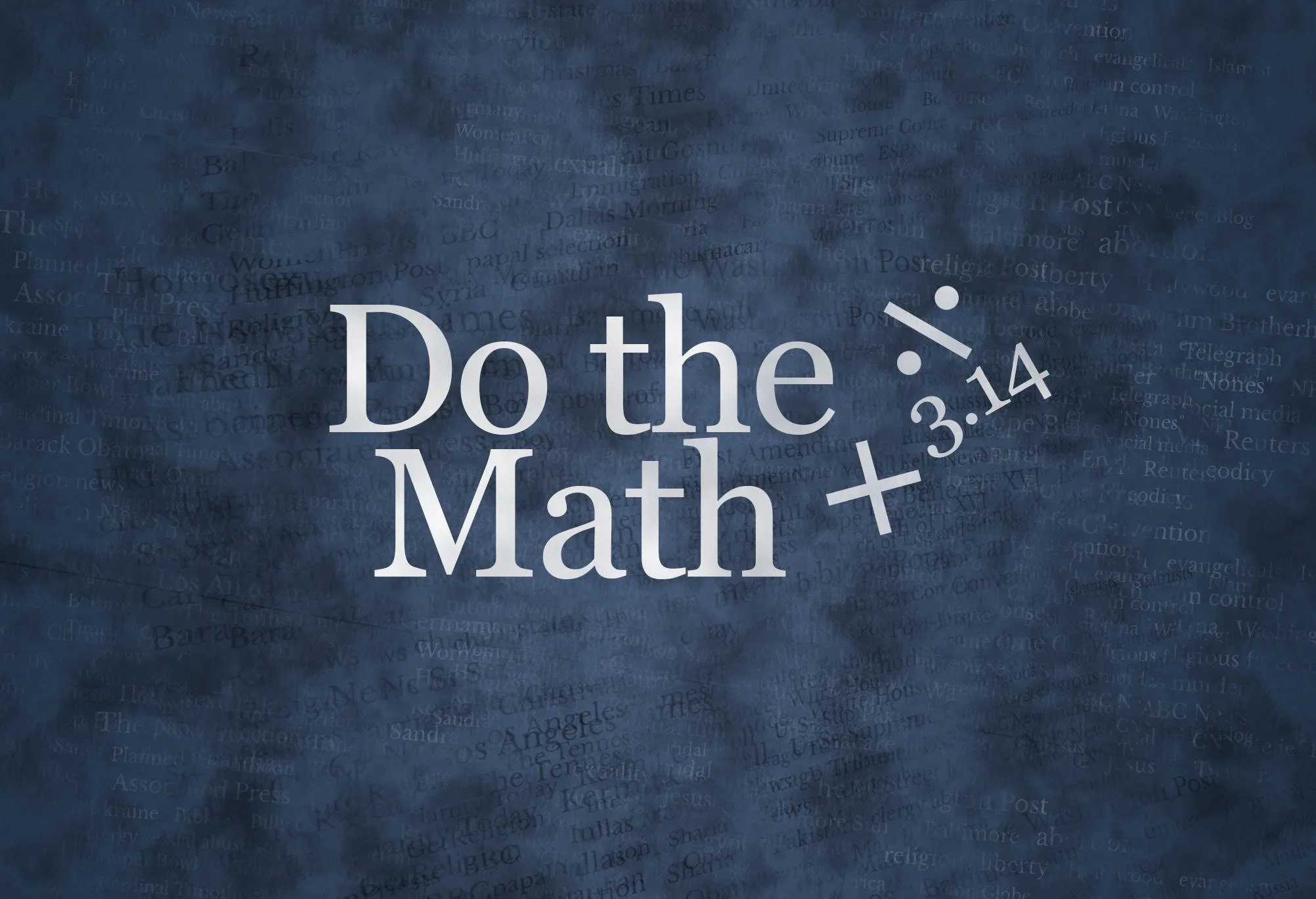It has been a big week for the ongoing LGBTQ+ story. Even as the U.S. Supreme Court heard oral arguments in a case about how much to tolerate personal dissent against same-sex marriage, the U.S. House, the House this morning passed nationwide codification of the gay marriage right that the Court enacted by 5-4 in the 2015 Obergefell ruling.
The new law effectively concludes phase one in the unusually rapid upending of a central societal structure dating from antiquity. The next few years, the media will be covering the mop-up phase facing religious groups and individuals that uphold traditional teachings about marriage, over against anti-discrimination assertions by government, Hollywood, corporate America and private actors.
The current Supreme Court case (303 Creative LLC v. Elenis, docket #21-476) involves a Colorado website designer who does not create pages that celebrate same-sex weddings — though she serves gay customers otherwise. Her free-speech claim is opposed by, for example, Reform Judaism, many liberal Protestants and other social liberals.
Observers figure that the Court, with a more traditionalist makeup than in 2015, will back this designer’s plea and ultimately look kindly upon further religious claims under the Bill of Rights. If so, the future conflict may focus on the Carborundum tactic as the LGBTQ+ movement grinds down conservatives’ energy, time and money in long-running legal maneuvers, meanwhile building cultural pressure to marginalize conscientious objectors as simple bigots.
An opinion-page complaint against religion’s “encroachment” upon society, posted by NBC News and written by Stanford University journal editor Marcie Bianco, neatly encapsulates where this culture war appears to be heading. This is the voice from the cultural left:
Dig a bit deeper, and what this act really represents is the inflexibility of our nation’s institutions and the national entrenchment — despite constitutional assurances to the contrary — of religion.










